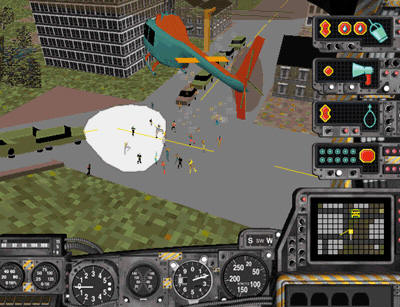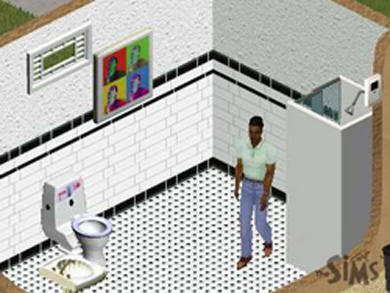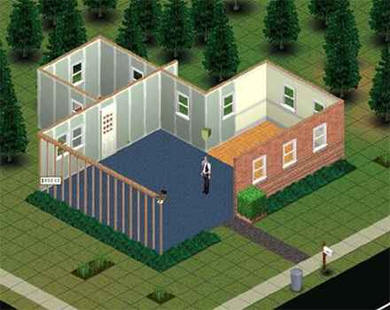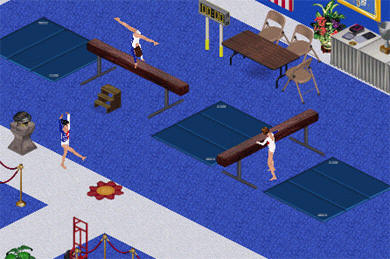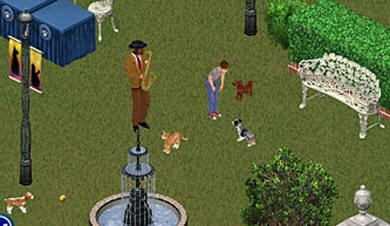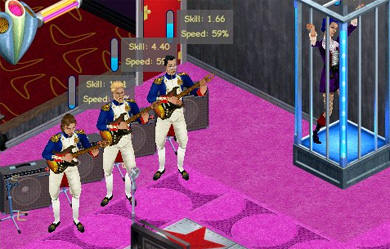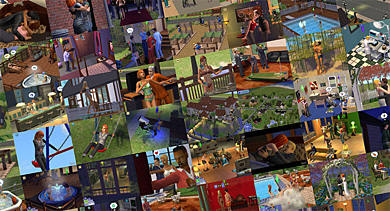But for me, personally, just sitting down to chat with Will is almost as much fun as playing one of his games. Wright's mind is always turning, always looking at possibilities, always examining gameplay from both a scientific and artistic perspective. This recent five-year milestone for The Sims gave me an opportunity to sit down and pick his brain about the history of the franchise, the rocky road leading to the game's development, and his thoughts on why there aren't more open-ended games on the market.
|
|
Dave 'Fargo' Kosak: First question for you. Will Wright: Feels like a lot's happened in that time frame.
It doesn't feel like five years -- it Fargo: I understand it was kind of a maverick project at first. It was just you and a dream. Wright: Yeah it was kind of low-level at first. I put it down for a few years while I was doing SimCity 2000 and Sim Copter. I picked it back up and it was still pretty low level, and that's when it was kind of very hard to sell everyone else on the idea. |
Wright: Well initially it was just me. Around '93 I did the initial prototype myself. When we picked it up after that, it was me and one other programmer, Jamie Doornbos, who was basically developing the behavioral engine. We spent around a year and a half, just the two of us developing that. Once we had a sense of what [the behavioral engine] could do, that's the part when the design coalesced in my mind and I said "This is doable." We had to make sure the behavioral simulation was doable.
Fargo: So when did you first get the idea that "I'm gonna make a game about people?"Wright: I had a rough idea in '93 and I did a prototype of
the building game and moving the person around and having them
interact with objects back in '93. Then as it became more focused
around the people I started thinking about having them talk and
interact, to have moods and relationships. It became real clear that
we needed a pretty robust behavioral model, especially since the
user would be designing the entire environment.
Most games the designer who designs the environment. You know, 'This
guy has to hide behind this box and shoot at me when I go in front
of him...'
Wright: Right! But in this environment all of a sudden the user can build anything. He can put the guy in a room with nothing but a chair or he can put him in a mansion or have 10 people come over to party. It has to be plausible across an extreme range of situations. That's an entirely different type of AI. When I came back on the project I understood that was going to be the strength. Could we build a robust AI that could deal with all these situations? I had a clear idea of what the game was going to be, and I just wanted to mitigate the technology risk. To me the one thing keeping me from building my game was the behavioral engine.

